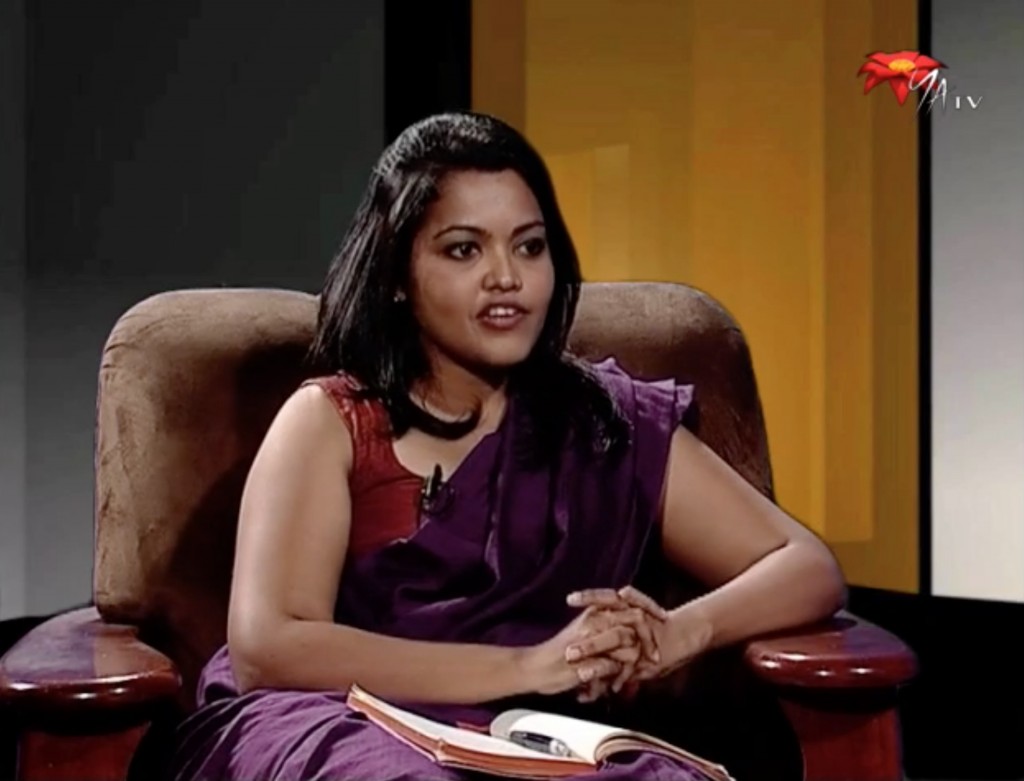Selyna Peiris is an Attorney-at-law and Director at Selyn Handlooms. She is also President of the Sri Lankan Liberal Youth organisation and was elected Chair of the Asian Liberal Youth Caucus.
We begin by talking about Selyna’s work around entrepreneurship and fair-trade certification, looking at what the future for traditional industry is in post-war Sri Lanka, with an economy increasingly entwined with global markets. She speaks specifically about Selyn Handlooms, and how the company has embraced this shift by creating a story around its products and supply chains. To this end, we talk about why a fair-trade certification is necessary, and what it means for a business to have one.
Talking about entrepreneurship in general and entrepreneurship prospects and frameworks for women in particular, Selyna talks about some of the challenges and opportunities in Sri Lanka that help and hurt the path of a product from idea to markets. Selyna talks about her mother in this regard, in setting up Selyn Handlooms.
Moving on and pegged to Selyna’s association with and leadership of liberal groups, she is asked what hope there is for liberalism in post-war Sri Lanka. We go on to talk about what, for her personally and for Sri Lankan business in general are risks associated with the Government not taking seriously outstanding questions over accountability.
Pegged to a public note penned by Selyna around her experience with the Accident Ward of the National Hospital in 2013, she is asked whether post-war, Sri Lanka has witnessed an increase in civic responsibility and consciousness, and if not, why not. We go on to talk about Selyna’s work with Sri Lanka Unites, and the problems of talking about and working on reconciliation without any political framework in Sri Lanka that really allows for it.
Pegged to sentiments expressed in an article published on IRIN, Selyna goes on to talk about how what she perceives as huge challenges around civic rights and social rights is not perceived as such by a larger public in, especially, the South. We go on to speak about civic activism in general, and the challenges associated with it in Sri Lanka, including the significant erosion of the Rule of Law.
We end by looking at Selyna’s life, and how she sees herself as a role model, especially for other women.
